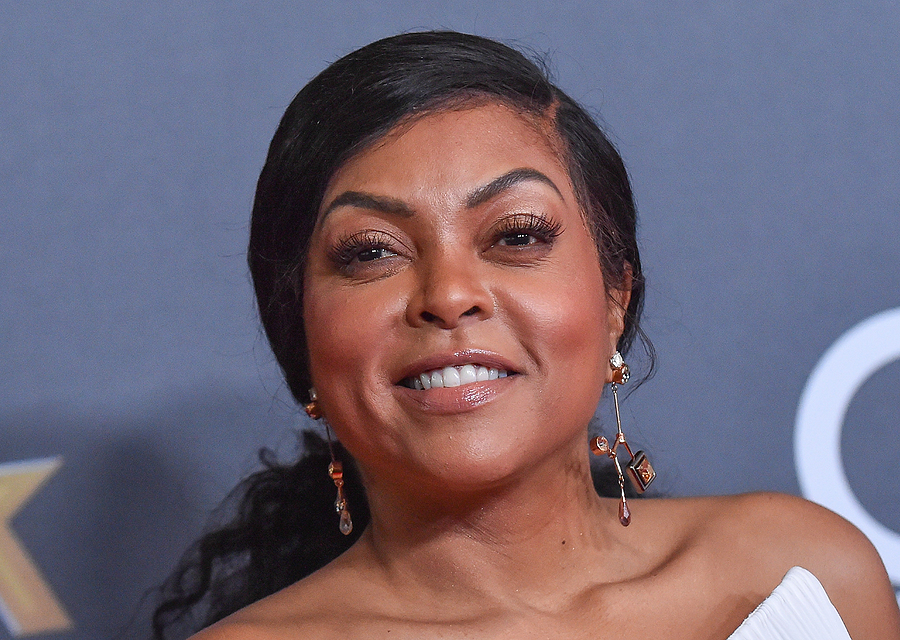As Mental Health Awareness Month (May) begins, actress and advocate Taraji P. Henson brings raw honesty and powerful perspective to the national conversation, especially around the Black community’s unique challenges.
Appearing on America in Black, now streaming on BET+, Henson opened up about her own deeply personal struggles, including a time during the COVID-19 pandemic when she considered ending her life.
In a moving exchange, she described the emotional weight that can persist even amid external success.
“There are times when I would sit in my house on a hill with a 360-degree view of Southern Los Angeles,” she told the interviewer. “And I’m like, God, I remember the days when I was so happy when I was broke, because I was able to dream… And now I have it all, and I feel empty inside. It’s not about the things. It’s who you are inside.”

Henson credits her late father, Boris Lawrence Henson, for giving her the courage to speak her truth publicly. In the same interview, she recalled how her father shared his own mental health battles—including a suicide attempt—openly with her and her friends.
“He put the gun up to his head, but for the grace of God, the bullet grazed his skull, and he would show you the scar,” she said. “He didn’t hide anything from me. That’s why I’m not afraid to live in my truth, because I saw it.”
Taraji founded the Boris Lawrence Henson Foundation in 2018 in honor of her father to tackle stigma and increase access to mental health resources for African Americans.
Since then, she has advocated on Capitol Hill, produced educational content, and offered support services through the foundation’s initiatives.
This latest interview demonstrates the depth of her commitment to shifting the narrative.
Through her mental health advocacy, she challenges the notion that wealth or fame insulates people from pain, Henson reminds us that healing begins with honesty—and that vulnerability is not weakness, but strength.
For those struggling during Mental Health Awareness Month and beyond, resources are available through organizations like the Boris Lawrence Henson Foundation and the Suicide & Crisis Lifeline at 988.
